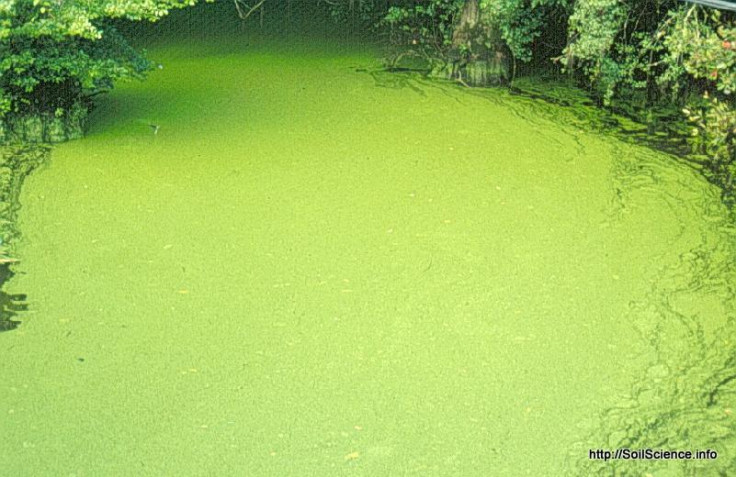NASA offers cash prize for finding algal blooms in space pictures
Algal blooms are overgrowths of algae in water bodies. Some of them release dangerous toxins making water unfit for humans.
US space agency NASA is offering cash prizes to anyone who can find algal blooms in pictures taken from space.
The "Tick Tick Bloom" competition asks participants to detect and classify the severity of algal blooms in small, inland water bodies. They are offering $30,000 in total, with the first prize at $12,000, the second prize at $9000, and the third prize at $6000.
"The 5 top-scoring performers in this competition will be invited to submit a brief write-up of their modelling methodology. A bonus prize will be awarded to the two best write-ups as selected by a judging panel based on factors including model interpretability and robustness," the competition page read.
Algal blooms are an overgrowth of algae in water bodies. Some of them release dangerous toxins, making the water unfit for humans and marine life. They commonly occur where nutrients are high, such as in areas where agricultural run-off occurs, and can be identified by their bright green colour and putrid smell.
Algae are essentially a group of plants and can be found in all types of water, including salt water, fresh water, and brackish water. The problem is that these blooms are increasing in size and frequency as global temperatures rise.
Inland water bodies are usually one of the several sources of water for a region. People rely on them for drinking water and other purposes. These blooms can harm marine ecosystems and inland water bodies.
We are proud to have helped create the Harmful Algal Bloom prize challenge in conjunction with @NASA
— Berkeley AI Research Climate Initiative (@ai_climate) December 22, 2022
! Using satellite imagery and in situ ground truth measurements, estimate the location + quantity of HABs across the US. Participate in the challenge here! https://t.co/IL9HAVWbhu pic.twitter.com/WcvlDhaxkS
Studies show that people who live near lakes subject to frequent algal blooms have an increased risk of contracting motor neurone disease.
According to the US Centers for Disease Control and Prevention (CDC), toxins from algal blooms can be absorbed by the skin and can be consumed through contaminated food.
NASA is expecting to create awareness about this through this competition. It will also help authorities in different regions locate areas of water that are not safe for humans. The contest closes on February 17, 2023.

© Copyright IBTimes 2025. All rights reserved.





















